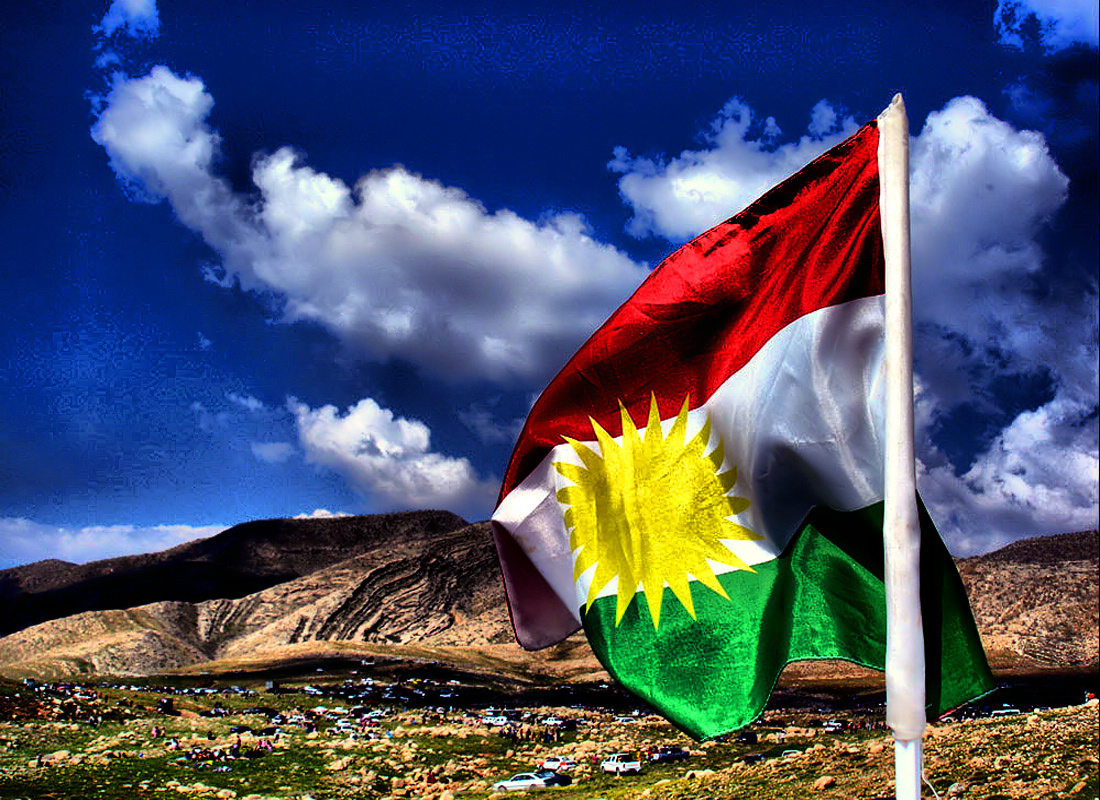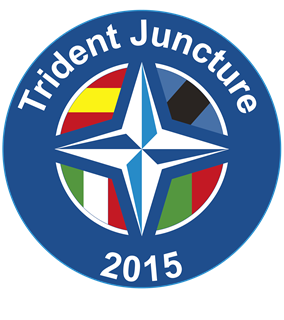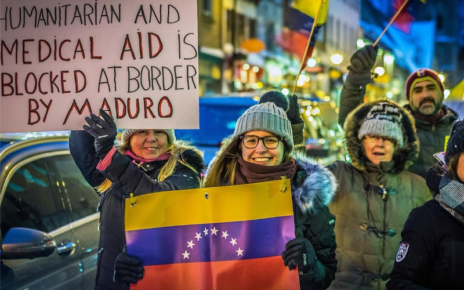On Tuesday, Syrian Kurds declared the formation of an interim autonomous government in North-eastern Syria. Since November 2012, when the last regime forces withdrew from the region, Kurdish forces have steadily pushed back the al Qaeda-aligned rebel groups, the al Nusra Front and the Islamic State in Iraq and Syria (ISIS), and gained control over the Syrian part of what Kurds call Kurdistan – the territory made up of portions of Iraq, Iran, Turkey, and Syria with majority Kurdish populations. Kurds are often described as the world’s largest stateless ethnic group, numbering about 30 million. The Kurdish fighters in Syria are mainly members of the People’s Protection Units (YPG), the armed faction of the Kurdish Supreme Committee, and unofficially of the Democratic Union Party (PYD) – the latter aligned with the Kurdistan Workers’ Party (PKK).
A PYD spokesman explained that the administration would be democratically elected, with an 82-member parliament representing three administrative divisions of the region, each with their own local assembly. It is as yet unclear whether the Kurdistan Regional Government (KRG) in northern Iraq supports the move. Reuters reports that the KRG is critical of the PYD and warns against replacing the rule of Assad with a government dominated by the PYD, which has historically oppressed other Kurdish groups in the region), while the Independent writes that the PYD’s move for autonomy “has the blessing of the semi-autonomous Kurdistan Regional Government across the border in Iraq.” Whether this Syrian Kurdish government intends to integrate with the Kurds in Iraq is yet to be seen, and the implications for the broader Kurdish autonomy movement are unclear. If the government manages to consolidate its power by successfully thwarting any future attacks by al Nusra and ISIS and effectively secures its territory, it is likely that it would take up a permanent place in a new Syria and move the Kurds one step closer to the realization of a united Kurdistan. This will certainly motivate the PKK in Turkey and the Party of Free Life Kurdistan (PJAK) in Iran, and threaten the stability of both countries. Within Syria, however, the interim autonomous government will be looked on by many as a stabilizing influence in that part of the country, and an effective blow against the political reach of the Assad regime.
The Kurdish region now has the makings of a coherent nation-state: a common ethnicity, a well-organized military and police force (strong enough to fight off al Nusra and ISIS), and both central and local governments. Depending on its success, it could provide the model for other regions of Syria to formulate and declare autonomous interim governments. If not whole regions, at least some of the larger urban areas of Syria could follow the Kurdish example, creating coherent city-states and pairing up with armed rebel groups able to resist al Nusra and ISIS. One city that already shows signs of a movement in this direction is Manbij in the Aleppo governorate. Manbji is being governed in the main by the Local Councils and is cooperating with Liwa al Tawhid, a moderate Islamist rebel group, to thwart ISIS in its attempt to assert control over the city. The Kurdish model could be replicated elsewhere in the country liberated from Assad, and where moderate rebels are strong enough to resist al Nusra and ISIS. Fragmentary though the process may be, step by step this could spell the end of the Assad regime as a viable national government.




